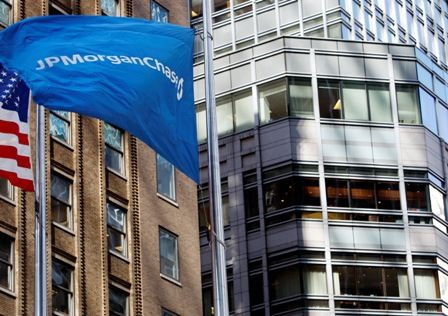Basel III likely to have limited short-term impact on U.S. banks

For big U.S. banks, the Basel III reforms will likely have a limited impact in the short-term because of its generous phase-in time-line.
The Basel Committee on Banking Supervision (BCBS) on Sunday unveiled Basel III, a set of regulations for financial institutions around the world. The rules set by the committee are not legally binding, but the countries that are represented in the committee -- which includes all G20 members -- will probably comply.
European Central Bank president Jean-Claude Trichet recently said in a press conference he has full confidence the U.S. and other countries who are represented in the Basel Committee will follow the guidelines.
Basel III requires higher capital ratios and tweaked the definition of some capital metrics. Essentially, it requires compliant banks to hold more capital than Basel II.
But U.S. bank shares rallied in Monday trading likely because Basel III will have limited impact, at least in the short-term. For example, Bank of America (NYSE:BAC) jumped 2.95 percent and JPMorgan Chase (NYSE:JPM) surged 3.42 percent.
One major reason for the anticipated limited impact is the generous timeline provided by Basel III: several requirements will be phased in gradually over several years. For example, the capital conservation buffer requirements will only be fully phased in by January 2019.
[Basel III] is not that important right now for the economy and the market. [Banks] have eight years to raise this capital, said Peter Boockvar, equity strategist at Miller Tabak.
Sean Snaith, director of the Institute for Economic Competitiveness at the University of Central Florida, said the long time horizon means banks will not have to scramble for capital in this still-sluggish economic environment.
Big U.S. banks on average also have more capital than their European counterparts. (Smaller U.S. banks, however, still needs to raise a lot of capital, said Boockvar).
Because of the U.S. bank stress tests applied back in May 2009, and more recently due to the specter of the Dodd-Frank financial reforms, U.S. financial institutions were prompted to raise capital sooner than their European counterparts anyway, said Mark Luschini, chief investment strategist at Janney Montgomery Scott.
Click here to see a report on a new study from the OECD on the economic impact of Base III.
Email Hao Li in New York at hao.li@ibtimes.com.
© Copyright IBTimes 2025. All rights reserved.





















